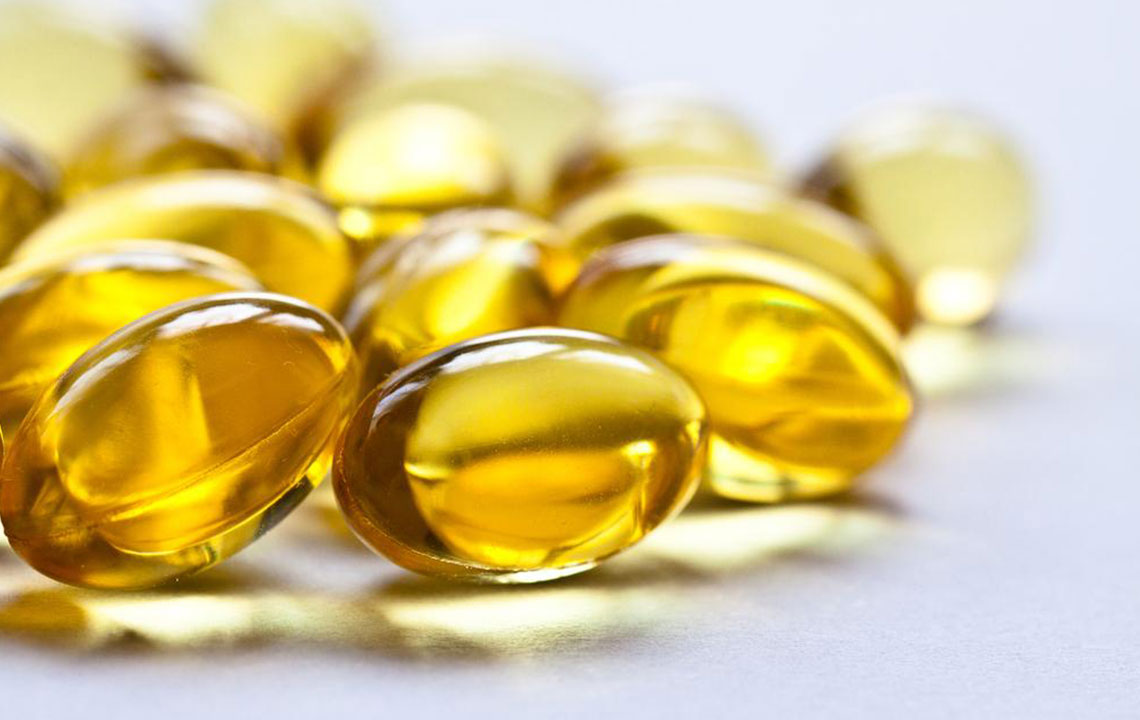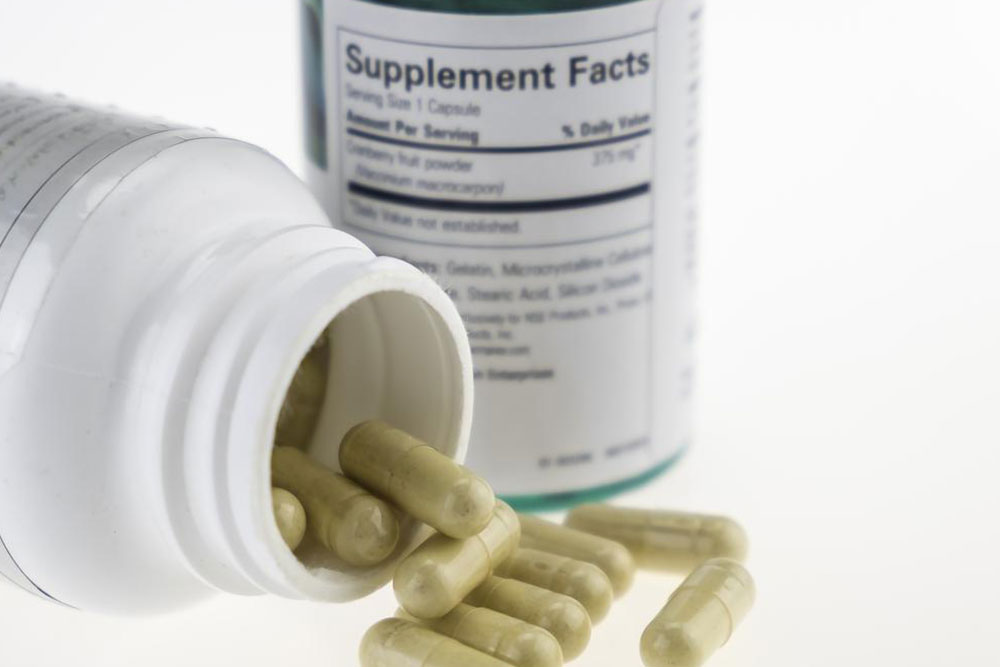Essential Vitamins to Alleviate Arthritis Discomfort
Discover how essential vitamins like D, C, K, and A can help ease arthritis pain and improve joint health. Learn about dietary sources and supplements to support your condition, but always consult a healthcare provider for personalized advice and safe usage. Incorporate these nutrients into your routine to enhance overall well-being and manage arthritis symptoms effectively.

Essential Vitamins to Alleviate Arthritis Discomfort
Arthritis can be persistent and challenging to manage. If you suspect you have arthritis, consulting a healthcare professional is crucial. While medication is vital, a comprehensive treatment plan includes a tailored diet that addresses your specific needs.
Scientific studies indicate that certain vitamins can significantly reduce arthritis pain. Often, dietary intake alone may not suffice to meet the body's vitamin requirements, making supplements a practical option to prevent deficiencies and support joint health.
Always consult a healthcare provider before starting any vitamin supplement regimen, as effects vary individually. Proper vitamin levels can improve arthritis symptoms, and the key vitamins include:
Vitamin D
While sun exposure might not be appealing, vitamin D plays a vital role in managing arthritis. Patients on steroids often exhibit deficiencies, making it essential for muscle, bone, and immune health. Adequate vitamin D helps regulate immune responses, crucial in rheumatoid arthritis. Women with low vitamin D levels are 30% more likely to develop rheumatoid arthritis. To boost vitamin D, spend 15–20 minutes in morning sunlight sans sunscreen or include fatty fish like salmon and mackerel in your diet.
Vitamin C
Maintaining proper vitamin C levels is essential to prevent inflammatory arthritis and support joint integrity. Excessive vitamin C can worsen osteoarthritis, whereas deficiency increases rheumatoid arthritis risk. Vitamin C supports tissue repair and collagen formation. Women should aim for 75mg daily, men for 90mg, found in citrus fruits, peppers, broccoli, and other vitamin C-rich foods.
Vitamin K
Known for blood clotting and bone strength, vitamin K also helps alleviate arthritis pain by reducing inflammation in rheumatoid arthritis. Low vitamin K levels are linked to higher risks of hand and knee arthritis. Incorporate leafy greens, kale, broccoli, and fermented dairy into your diet for adequate intake.
Vitamin A
Vitamin A contributes to reducing inflammation in rheumatoid arthritis. Its metabolite, all-trans retinoic acid, acts as an anti-inflammatory agent. Foods like eggs, liver, spinach, carrots, and sweet potatoes can help maintain optimal vitamin A levels.
Additional Nutrients
Vitamin B6, often deficient in arthritis patients, helps alleviate symptoms. Vitamins B1, zinc, selenium, calcium, and chromium also play roles in managing arthritis-related discomfort and complications like heart issues and cataracts.
For best results, combine proper vitamin intake with professional medical advice to avoid adverse effects and ensure effective symptom relief.










